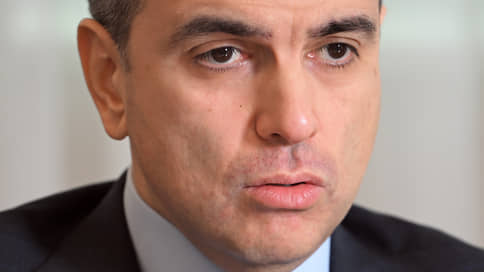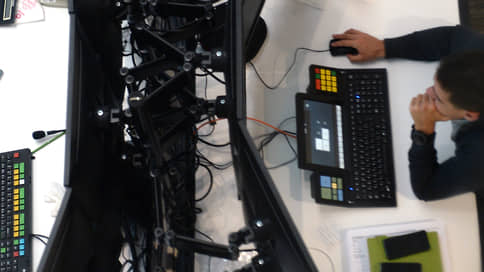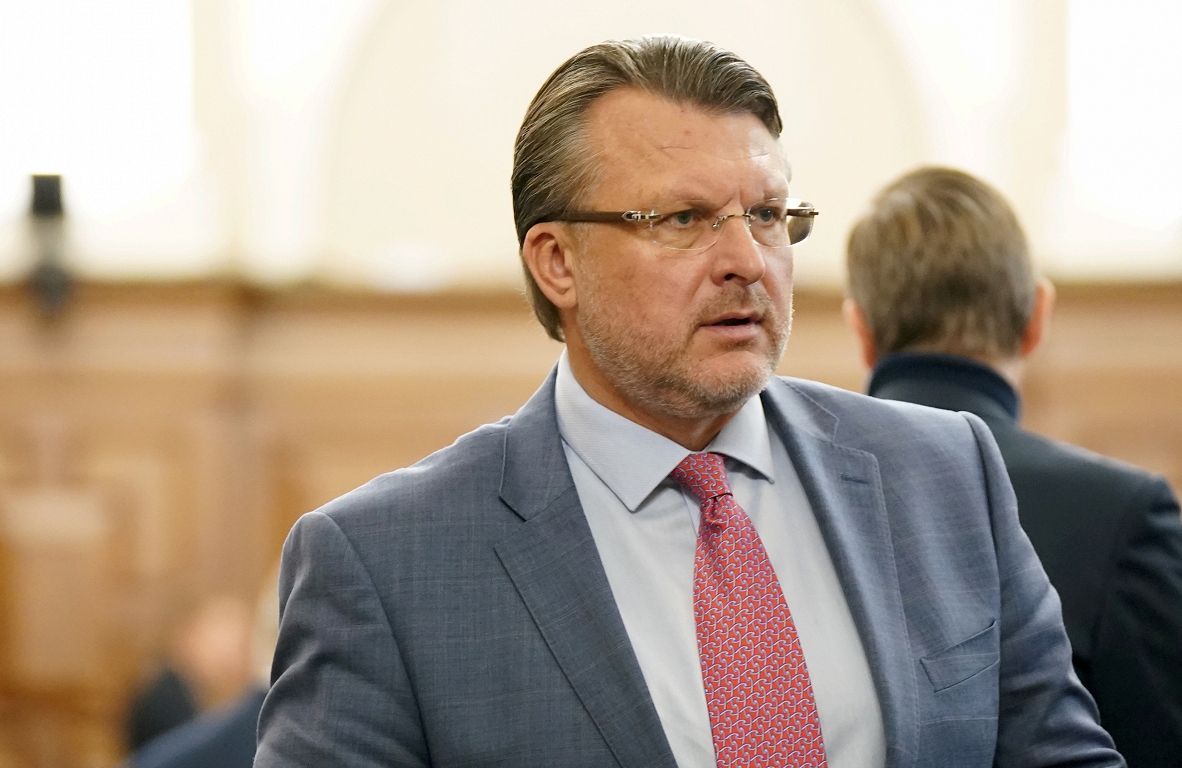The Central Bank launched the second stage of converting depository receipts of Russian companies

Since June 9, the Bank of Russia resumed the converting of depository receipts of Russian companies. Russian deposits will write off the relevant securities from investors accounts in order to further credit them with the appropriate number of shares of Russian companies. Three years ago, not all depository receipts were converted, including due to the preservation of such programs by some issuers. Experts believe that this time companies will not be able to demand delay.
On June 9, the Central Bank launched the second stage of autoconstrictor of depository receipts (DR) of Russian companies. It is carried out within the framework of amendments to the law “On Joint-Stock Companies” adopted in April 2022 (114-ФЗ). Until June 17, issuers should notify depositories in which shares are stored on which depository receipts are issued, about the start of auto -control and transfer to the holder of receipts of the corresponding number of shares. Until that time, all operations with depository receipts will be suspended. Investors themselves do not need to take any action. At the end of the conversion process, all receipts from their accounts will be written off, and instead of them shares will be credited to the same volume. The conversion process will take about a month.
According to the Central Bank, depository receipts were issued for shares of 36 issuers. The largest of them were Sberbank, Gazprom, Lukoil, Novatek, Rosneft, MTS and a number of others. These programs were served in the depository of Raiffeisenbank (22 issues), Citibank (7 issuers), J.P. Morgan Bank of the Internet (5 issuers), Gazprombank and Sberbank (one issuer).
The first round of auto -control was held in August – October 2022. Then the first deputy chairman of the Central Bank Vladimir Chistyukhin in an interview with Interfax said that shares of Russian issuers with a total value of 188 billion rubles were credited to the accounts of the owners. In addition, securities in the amount of 175 billion rubles. were enrolled as a result of forced conversion.
Then part of the depository receipts was not converted, among other things, because of the refusal of such actions by foreign-reservoir banks. In addition, part of the Russian issuers received from the government the unlimited preservation of their DR programs. In August 2023, the Vedomosti newspaper with reference to the assessment of Aton cited the data that on average Russian issuers had 5-8% of the shares in the provision of depository programs.
Experts indicate that with the launch of the new round, the Central Bank intends to fully complete the process of converting depository receipts.
This applies to papers blocked in international depository due to sanctions, receipts that received temporary delayed converting, as well as papers that could not be technically processed in the first round due to difficulties with international calculation systems.
One of the reasons for the start of converting is the restoration of the rights of papers. According to Dmitry Lesnov, Deputy Director General of the Broke Business Business Business, the owners of these receipts cannot take part in the meeting of shareholders, the process of receiving dividends is also difficult for them. Another reason for the conversion is “a decrease in dependence on foreign infrastructure,” said Nikita Bredikhin, a leading investment analyst at GO Invest. “Automatic conversion is, in fact, the opportunity to defrost the papers so that then you can sell them on the exchange and get dividends, including those missed over the past years,” said Elena Ryazanova, deputy director of the legal department of Sinara Bank.
The main difference between the new stage is the impossibility of issuers to abandon the converting of depository receipts in the action. Unlike converting, conducted in 2022, the new process “will not require consent or active actions by issuers,” said Ilya Zharsky, managing partner of the Veta expert group.







:format(jpeg):fill(f8f8f8,true)/s3/static.nrc.nl/bvhw/wp-content/blogs.dir/114/files/2022/03/februari-maxim-2022-0309-1280.png)